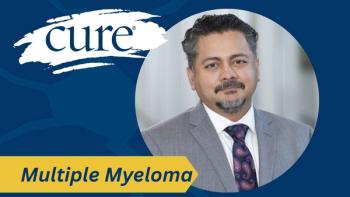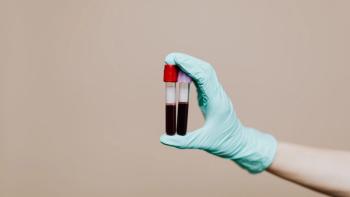
Patients with Multiple Myeloma Give Themselves Hope Through Treatment
Dr. Cesar Rodriguez offers a message of hope and self-determination for patients with multiple myeloma.
At the 2019 CURE® Educated Patient Summit on Myeloma in Charlotte, North Carolina, Cesar Rodriguez, MD, took the stage to address a room full of patients with multiple myeloma to discuss the exciting future of the treatment landscape for multiple myeloma and how this impacts patients now.
Rodriguez, director of the myeloma and plasma cell disorder program at Wake Forest University, wanted to highlight the exciting developments happening in multiple myeloma as a strong wave of research is showing a potentially hopeful future for patients living with the disease. Rodriguez also had the chance to sit down with CURE® to speak about the message of his keynote lecture that he wants all patients with multiple myeloma to hear.
TRANSCRIPTION
The important thing I'd like to tell patients is, that when you start this journey it's overwhelming, it's a big burden, it's a life-changing experience not just for you, but all of your family members and loved ones. But don't give up, things will get better, and as you respond to treatment, things can improve, and your quality of life will improve as well.
As you continue to go forward and realize it wasn't as bad as you thought, then you can start focusing on the goals you potentially put on hold or the projects that you had in your life. It's always important to keep those things going. Have something that drives you to move forward, the last thing you want is to lose hope and to lose faith and those are key things that I cannot provide as a doctor, but you can so that you can succeed in your journey.



